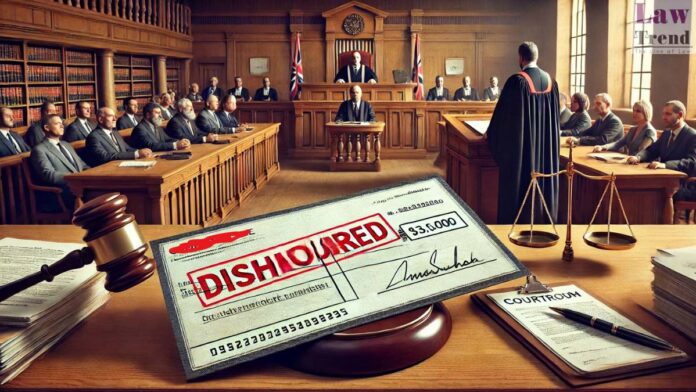In a landmark judgment, the Supreme Court has reaffirmed the principle that an authorized signatory of a company cannot be held personally liable under Section 138 of the Negotiable Instruments Act, 1881 (NI Act), for a dishonored cheque unless the company itself is made a principal accused. The decision, delivered in Bijoy Kumar Moni vs.
To Read More Please Subscribe to VIP Membership for Unlimited Access to All the Articles, Download Available Copies of Judgments/Order, Acess to Central/State Bare Acts, Advertisement Free Content, Access to More than 4000 Legal Drafts( Readymade Editable Formats of Suits, Petitions, Writs, Legal Notices, Divorce Petitions, 138 Notices, Bail Applications etc.) in Hindi and English.




